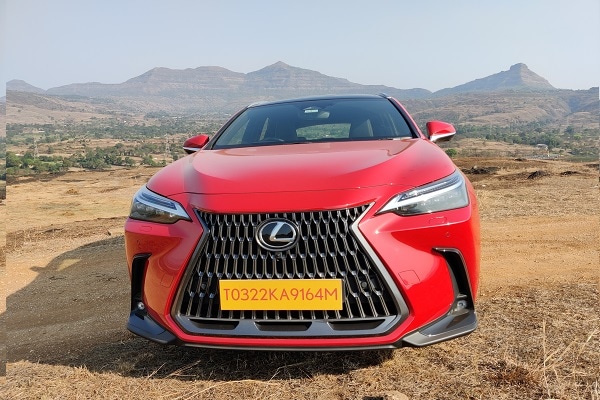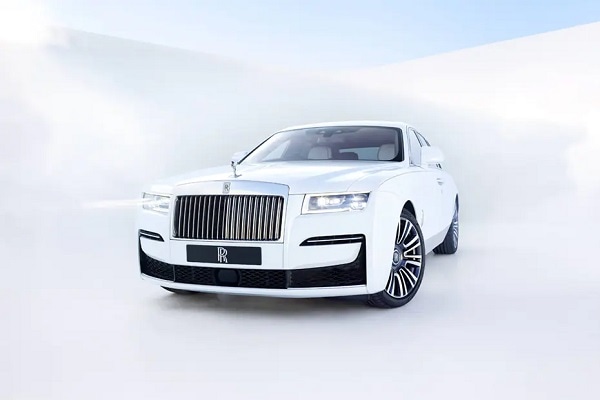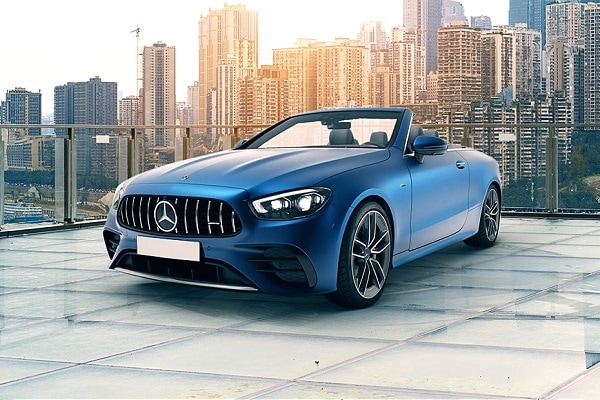Intel-owned Mobileye to build lidars in-house for its self-driving cars
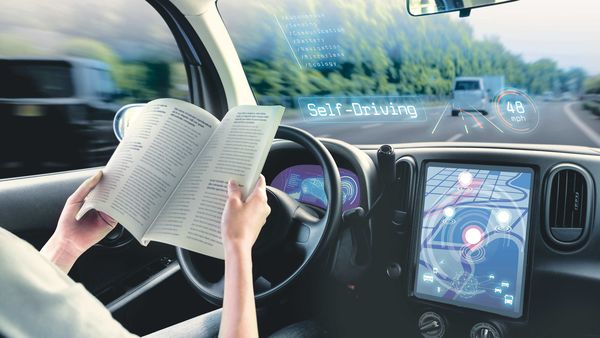

The chief executive of Intel Corp-owned Mobileye on Tuesday laid out plans for a self-driving car system for 2025 that could use house-built lidar sensors rather than units from Luminar Technologies Inc.
Luminar shares closed down 17.6% after Reuters reported the move. In November, Mobileye signed a supply agreement with Luminar to use its lidar units in the first generation of Mobileye's driverless vehicle fleet.
Also check these Cars
Luminar told Reuters that there has been no change to that agreement and that Luminar has also supplied lidar units for Mobileye development vehicles for nearly two years. Luminar said its units, which are only one part of Mobileye's broader self-driving system costs, are priced at less than $1,000 and exceed Mobileye's cost and performance requirements.
Amnon Shashua, CEO of Mobileye and an Intel senior vice president, told Reuters that Mobileye's first generation of full self-driving kits - which will include Luminar's lidar units along with a range of other chips, sensors and software - will cost between $10,000 and $20,000. They will be targeted at robo-taxis, which are commercial vehicles that can spread the cost of the system over many trips. Mobileye plans to begin rolling out a test fleet of 100 completely driverless vehicles in Tel Aviv in 2022, with other cities to follow.
But for 2025, Mobileye is developing its own lidar sensor that works on a principle called frequency modulated continuous wave, or FMCW, which is different from Luminar's technology.
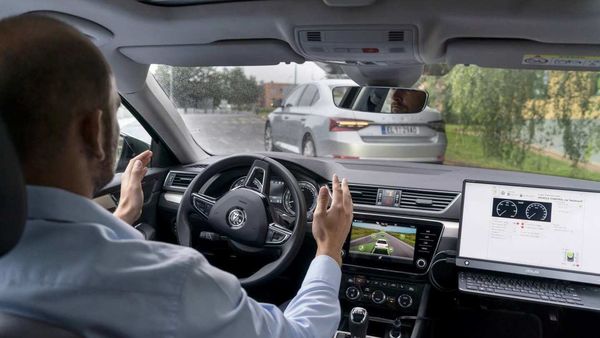

Shashua said the FMCW technology will benefit from Intel's silicon photonics manufacturing expertise and will drive costs even lower for consumer cars. He said the house-built Mobileye lidar, in combination with cameras and radar, will be used on consumer vehicles and could also replace Luminar's units in Mobileye-powered robo-taxis.
"We believe the cost of an entire self-driving system can be in the few thousand dollar range, and that brings us into a consumer vehicle position," he said. "If we can make this work, it will also be used for robo-taxis. But we have time to make that decision five years from today."
Also Read : Self-driving delivery vans of Indian-owned startup head north to Canada
In a statement, Luminar said that “we agree achieving high-performance lidar at a sub-$1,000 cost is key for production vehicles, and the fact that we’re the first and only company to make that happen has enabled us to land the first production deals in the industry for autonomy. Mobileye partnered with us directly for that reason, with Luminar contractually delivering lidar that exceeds these cost and performance requirements for their 2022 launch and beyond."
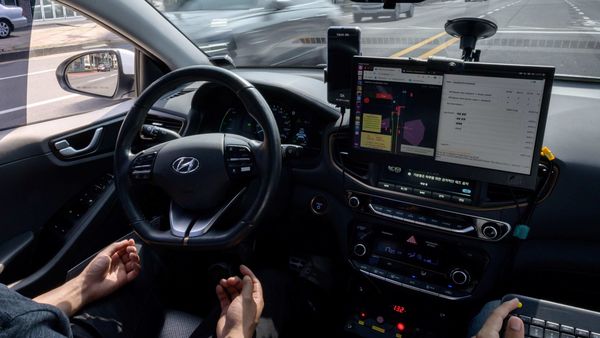

Mobileye is making rapid progress toward a full autonomous driving system using cameras and a custom-made processor chip, but the company plans to augment its cameras with lidar and radar sensors that will capture a three-dimensional view of the road. Mobileye believes it can meet the safety and reliability requirements automakers are demanding for production vehicles by combining the two approaches.
Mobileye has deals to supply its current camera-based driver assistance systems to BMW, Volkswagen AG and Nissan Motor Co. Those systems help with tasks such as adaptive cruise control and lane-keeping and but also generate and transmit mapping data for Mobileye as they drive.
Shashua said that data allowed the company's test vehicle to autonomously navigate the streets of Munich with only a week of setup and without flying any engineers from Mobileye headquarters in Israel to Germany.
"This is a critical milestone - this is what you need for scalability. If you want to have a system at the consumer level, it has to be able to drive everywhere," he told Reuters after the company posted footage of the successful test, which used a human safety driver as a backup.
Mobileye plans to continue outsourcing the manufacturing of its processor chips, Shashua said. He said the next generation of chip, called the EyeQ6 and expected to arrive in 2023, will continue to be made by Taiwan Semiconductor Manufacturing Co's using its 7-nanometer chipmaking process.








 40 kWh
40 kWh 150 Km
150 Km
 3996.0 cc
3996.0 cc Petrol
Petrol
